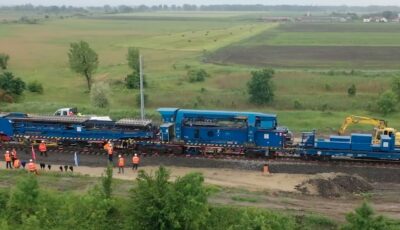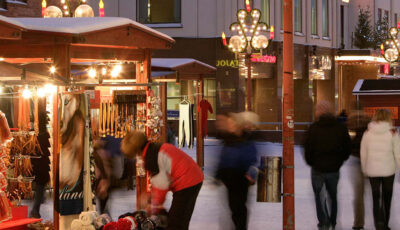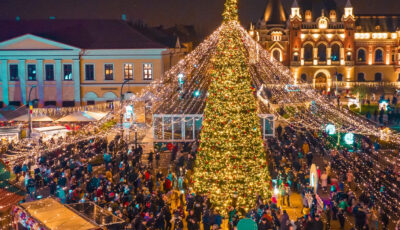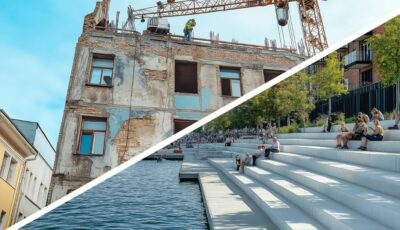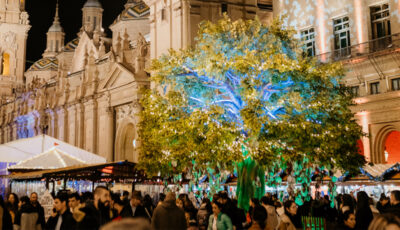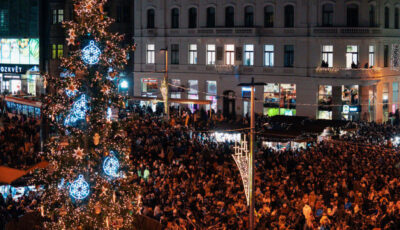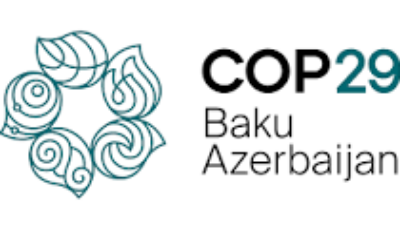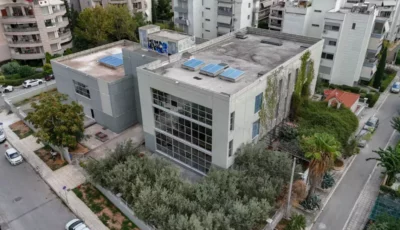HUNGARY – The Budapest-Belgrade Railway: A Strategic Link to Be Ready by 2025
An Ambitious Infrastructure Project with Global Reach The long-anticipated Budapest-Belgrade (BuBe) railway line is on track to be completed by 2025, according to the Hungarian Minister of Foreign Affairs and Trade, Péter Szijjártó. This major infrastructure project is a key component of China’s Belt and Road Initiative (BRI), enhancing connectivity between Central and Northern Europe with Southern European ports. During…
EUROPE – Kicking for the Future: Football Clubs Leading the Way in Sustainable Urban Development
As cities face challenges like climate change and the loss of green spaces, football clubs are stepping up to promote sustainability and social responsibility. With their deep community ties, football clubs are uniquely positioned to make a positive impact on urban environments, from creating greener spaces to engaging youth in sustainable practices. Clubs like Spain’s Real Betis are integrating green…
FINLAND – “Rovanienmi the Ultimate Christmas Wonderland in Finnish Lapland”
Rovaniemi, located in the heart of Finnish Lapland, is globally renowned as the official hometown of Santa Claus. Each winter, this iconic destination draws visitors from all over the world, offering an unforgettable Christmas experience in a magical setting. The Santa Claus Village, located right on the Arctic Circle, is Rovaniemi’s main attraction. Visitors can meet Santa Claus himself in…
ROMANIA – “Oradea, a true gem of Transylvania”
Oradea, a true gem of Transylvania, stands out as a must-visit destination during the holiday season thanks to its enchanting Christmas market. Every year, Union Square (Piața Unirii), surrounded by stunning Baroque buildings with colorful facades, transforms into a magical Christmas village, attracting visitors seeking tradition and authenticity. Oradea’s Christmas market features a wide array of handcrafted items made by…
HUNGARY – Key Outcomes from the EU Directors-General Meeting on Urban Matters in Budapest
On November 27, 2024, the EU Directors-General for Urban Matters (DGUM) gathered in Budapest to advance the Urban Agenda for the EU. The meeting highlighted the launch of two new partnerships in 2025: Building Decarbonisation and Water Sensitive City.These initiatives are designed to tackle climate change by promoting energy-efficient buildings and sustainable water management in urban areas. Additionally, action plans…
SPAIN – “Zaragoza a Magical Blend of Christmas Traditions and Local Heritage”
Zaragoza, the capital of Aragon, is an ancient city, was founded by the Romans as Caesaraugusta, conquered by the Arabs in the eighth century, in the early twelfth century was liberated by Christian troops, and became the capital of Aragon. Zaragoza is famous for its art and architecture, folklore and gastronomy.The most important historical buildings are the Basilica del Pilar,…
CZECH REPUBLIC – “Brno with its iconic christmas tree”
Brno, the capital of Moravia, continues to reinvent Christmas with its iconic tree at náměstí Svobody (Freedom Square), a symbol that blends tradition and modernity. What makes this celebration truly innovative is its ability to merge history, solidarity, and immersive experiences for visitors while staying true to its origins. Brno, in the Czech Republic, celebrates a century-old tradition centered around…
INTERNATIONAL – COP29: Toward Universal Financial Contributions to Climate Action
The 29th United Nations Climate Change Conference (COP29), taking place in Baku, Azerbaijan, from November 11 to 22, 2024, marks a pivotal moment in global efforts to combat climate change. On November 14, the European Parliament adopted a resolution calling for fair and ambitious financial commitments to achieve post-2025 climate goals. Socially Fair Climate Financing MEPs advocate for a new…
Advent Calendar – Discover the Most Innovative Christmas Markets in City Centers Across Europe
The holiday season is the perfect time to experience the magic of Christmas markets, and this year, we invite you to explore a special Advent Calendar that highlights medium-sized European cities and cities from the Centre-Ville en Mouvement network. Every weekend, we will take you on a journey through innovative Christmas markets where tradition meets creativity. These markets are transforming…
SPAIN – Tackling the energy transition in the housing sector: learnings from Ghent, Getafe and Mataró
The European Urban Initiative article explores key initiatives for integrating the energy transition in affordable housing across European cities. In Ghent, Belgium, the ICCARUS project helps “captive owners”—homeowners unable to afford necessary energy-efficient renovations. Through financial support and technical guidance, ICCARUS offers up to €30,000 per household, with a revolving fund model that makes energy upgrades accessible while sustaining future…
